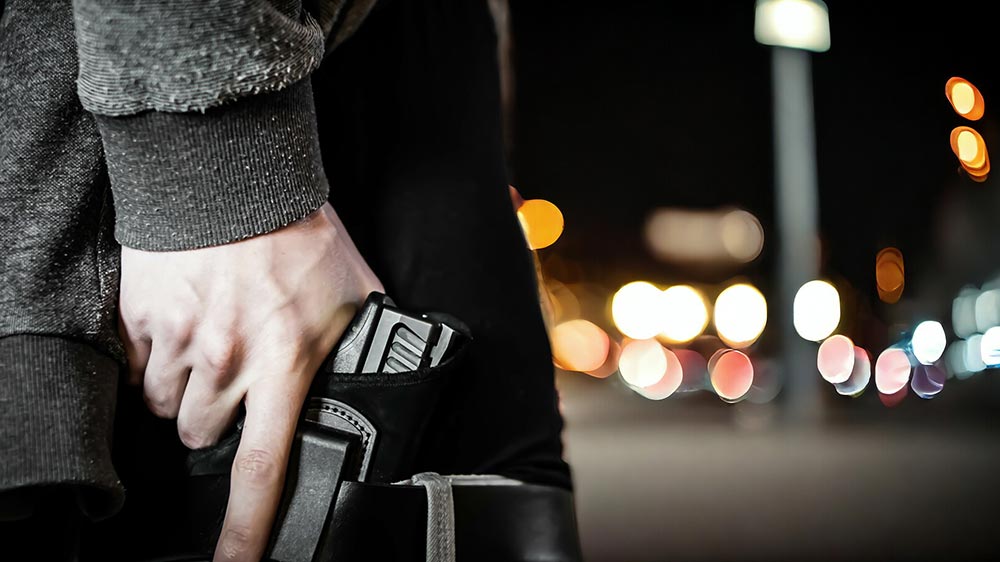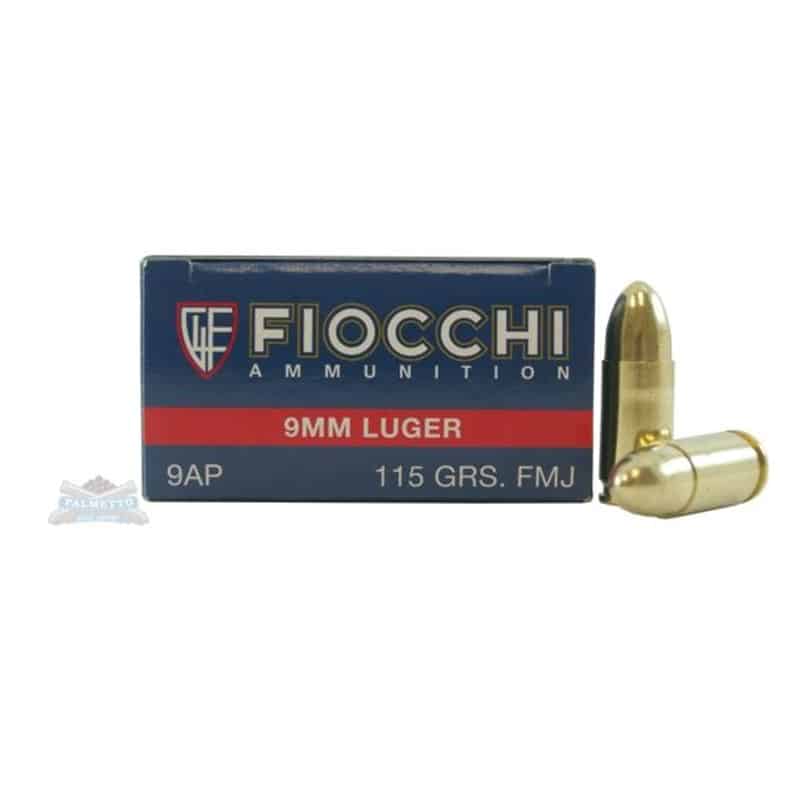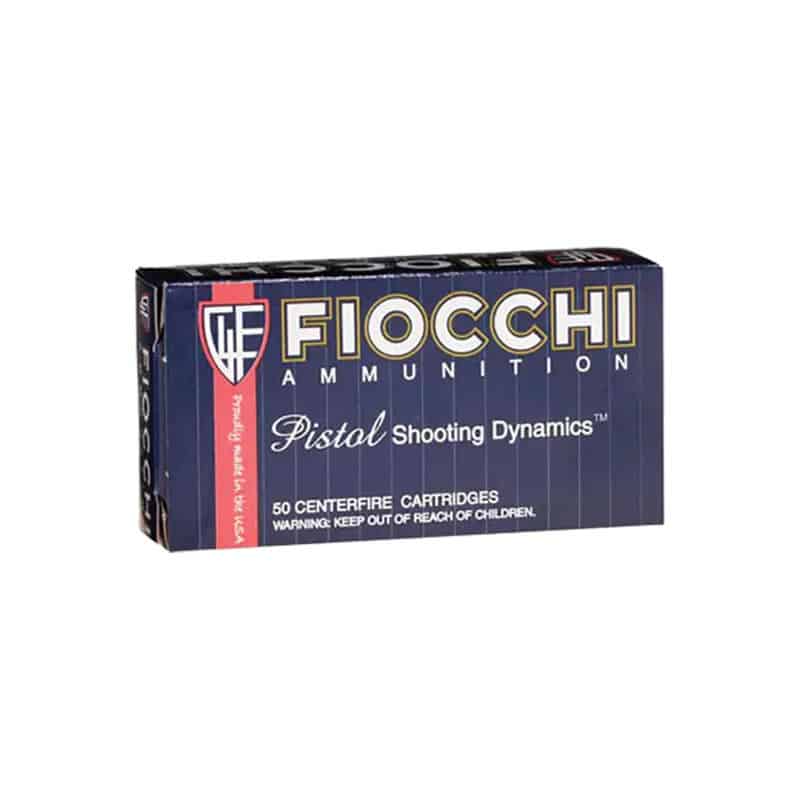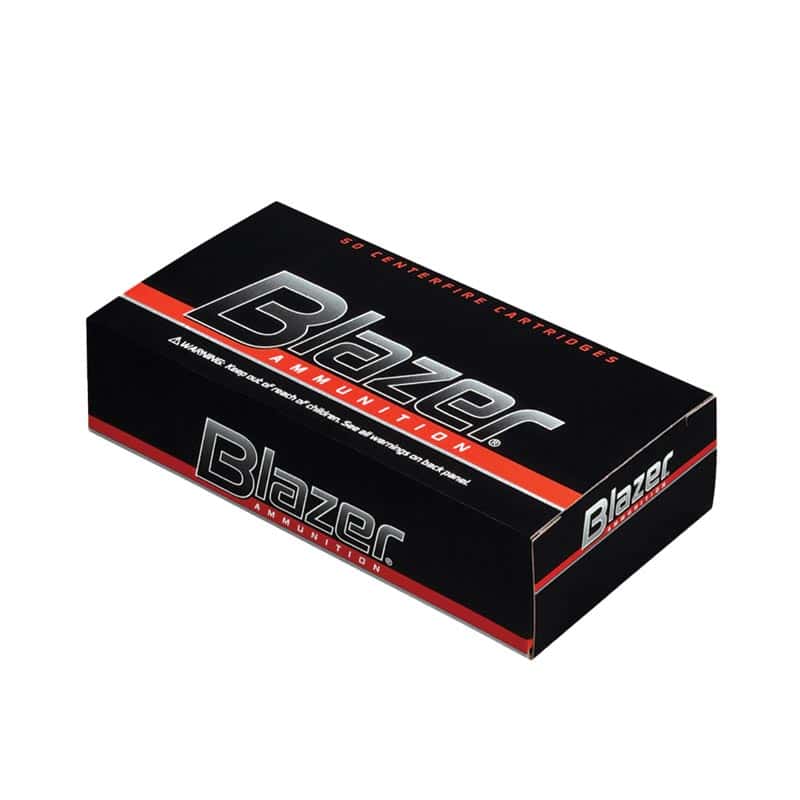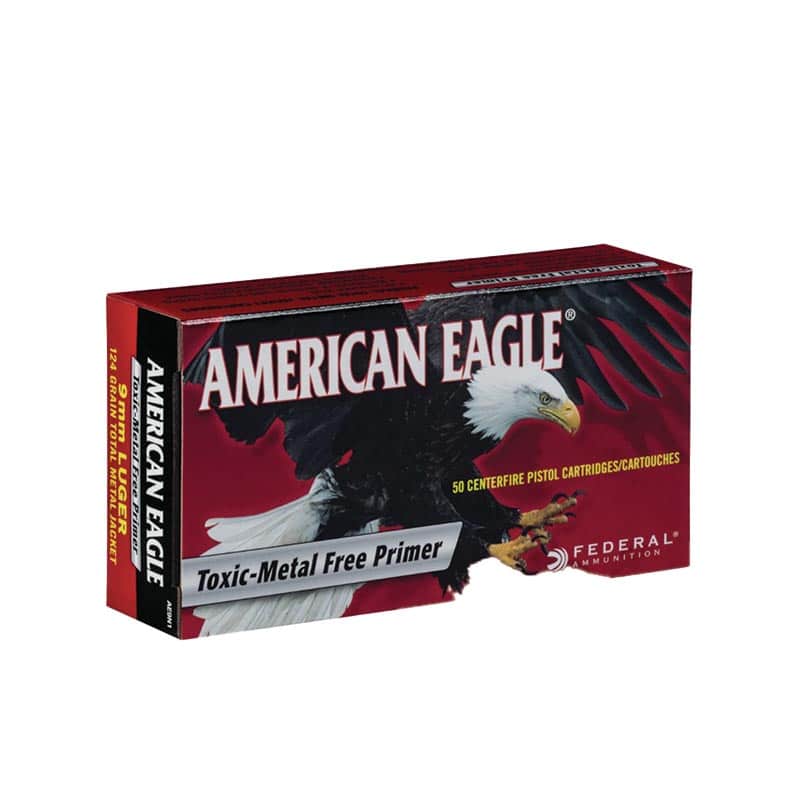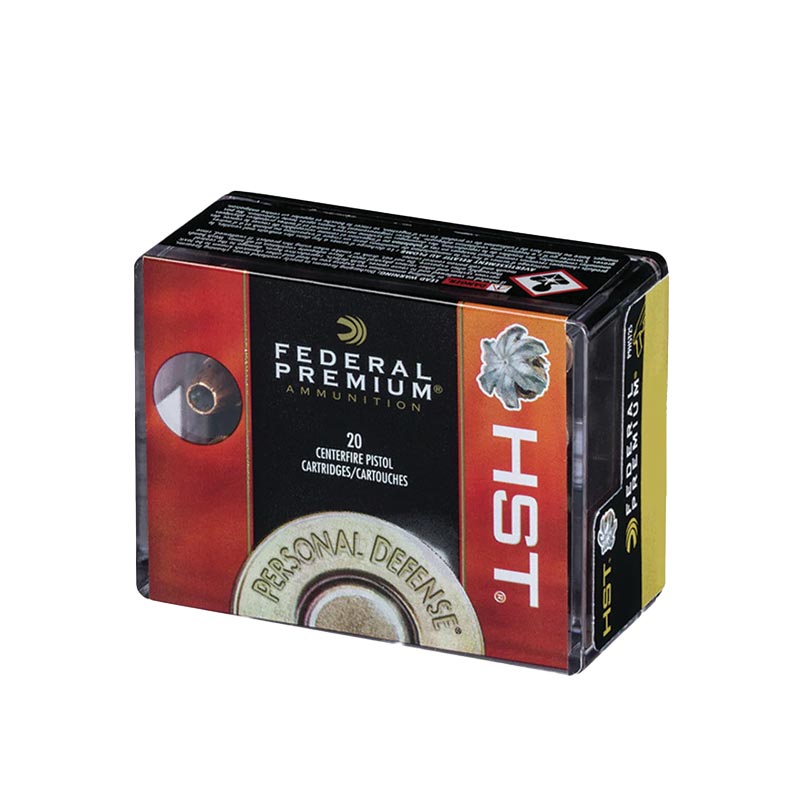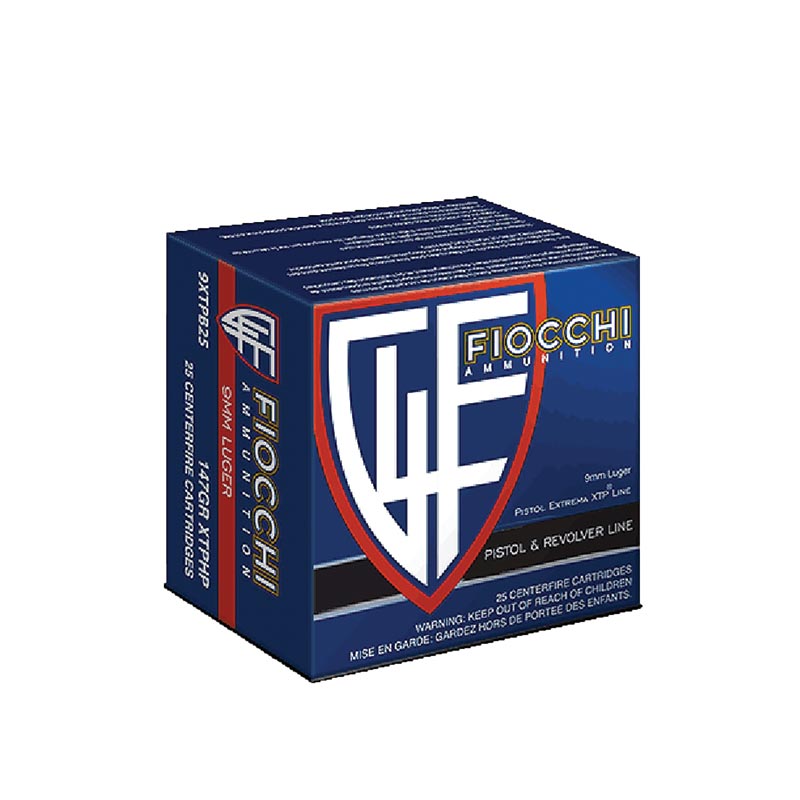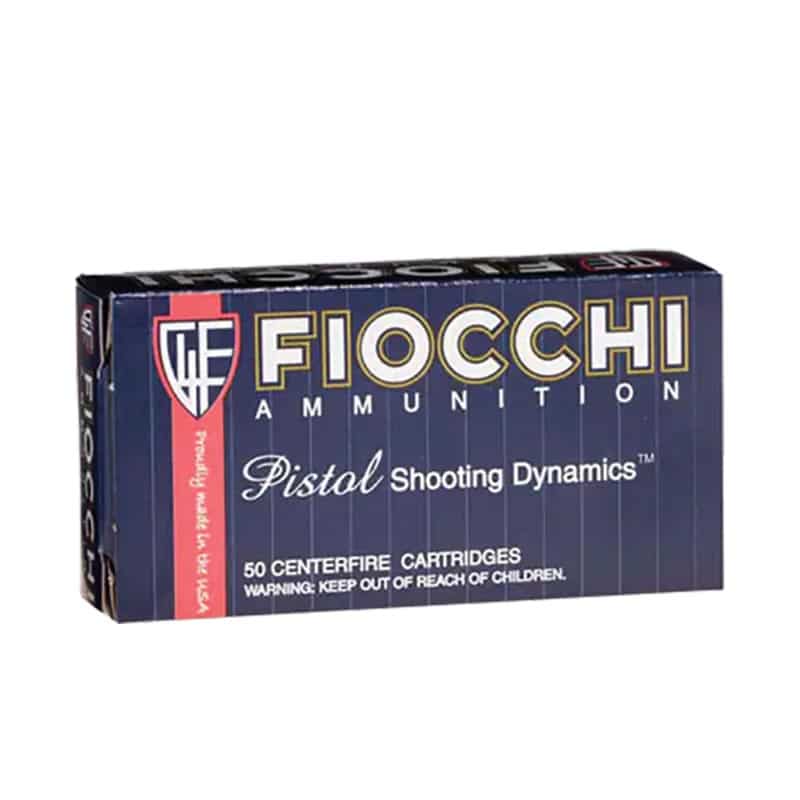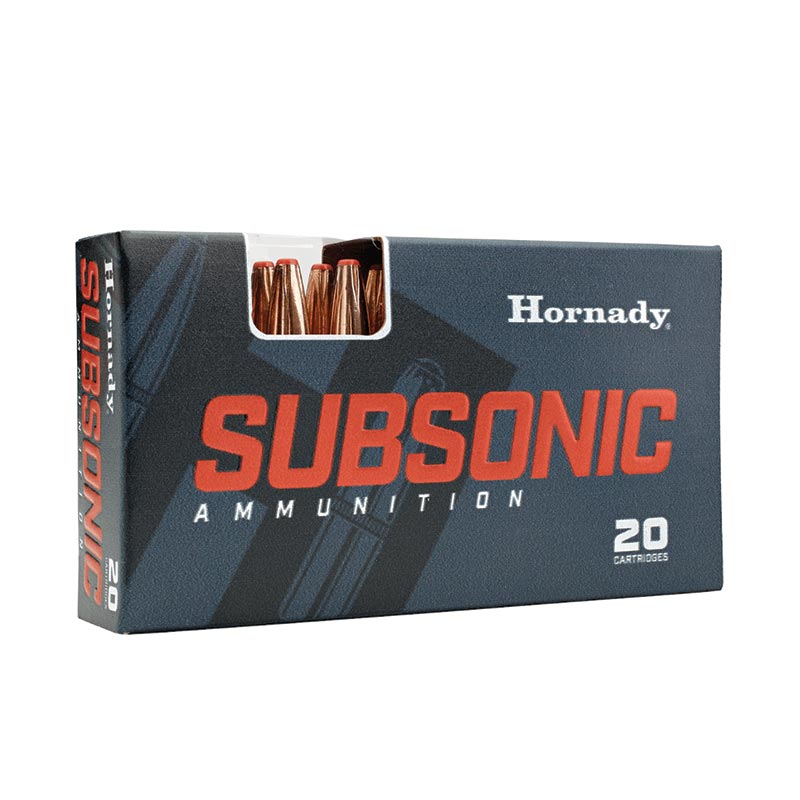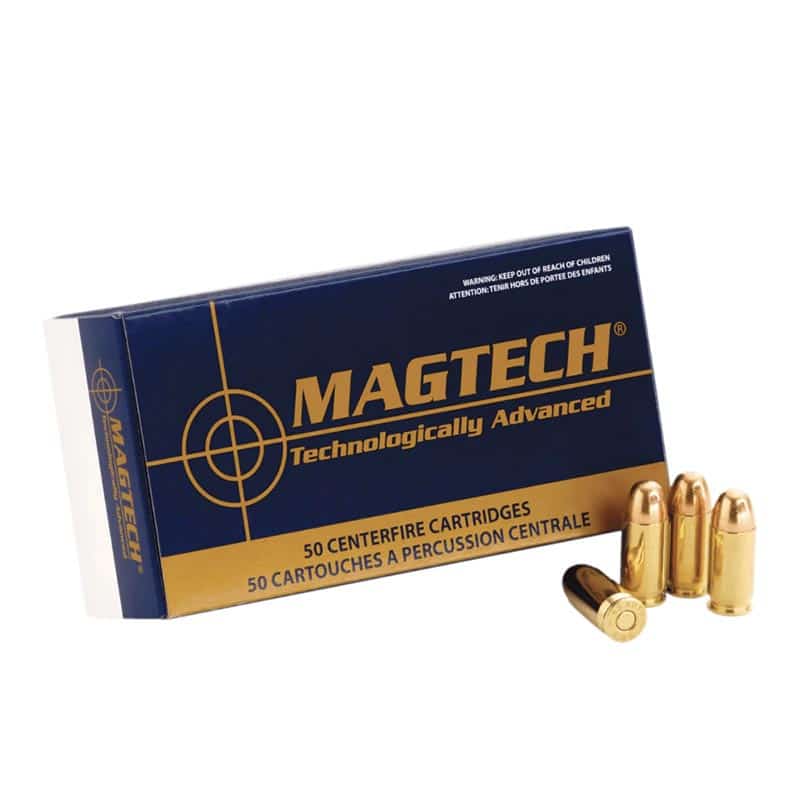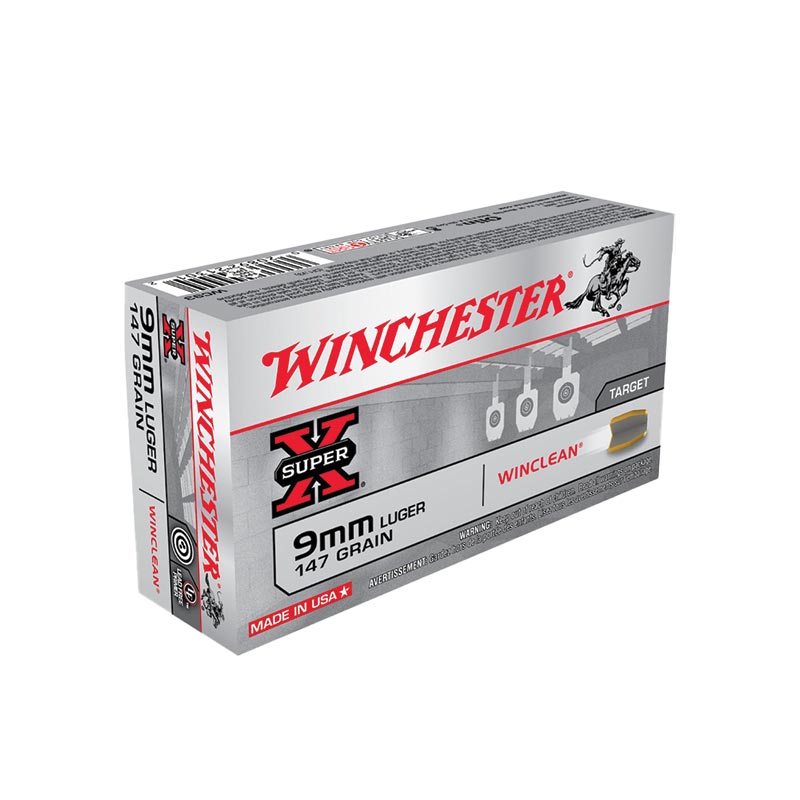The size and how easy it is to hide a firearm, well, that’s heavily influenced by its caliber. Caliber refers to the diameter of the firearm’s barrel and, consequently, the diameter of the bullets that it fires. This measurement can be in either inches (for example, .45 caliber) or millimeters (for example, 9mm). Here’s how caliber impacts the size and concealability of a firearm:
Physical Size of the Firearm:
Larger calibers generally require larger barrels and more robust mechanisms to handle the increased pressures and forces exerted when the gun is fired. For example, a .45 caliber handgun will typically be larger and heavier than a 9mm handgun because it needs to accommodate a larger round and manage greater recoil. So, the size of a gun is directly influenced by this – bigger bullets mean a bulkier firearm. That can make it trickier to hide, you know?
Magazine Size and Capacity:
The caliber of a firearm also influences its magazine capacity. Larger calibers take up more space, which can reduce the number of rounds a magazine can hold if the magazine is to remain a manageable size for concealment. Smaller calibers, like the 9mm, allow for higher-capacity magazines within a compact design, making them more conducive to concealed carry.
Concealability:
The primary concern for concealed carry is not only the ability to hide the firearm on one’s person but also to do so comfortably and securely. Larger, heavier firearms can be more difficult to conceal and may require more substantial holsters and clothing adjustments. In contrast, firearms chambered in smaller calibers can be made much more compact and lightweight, lending themselves to easier concealment under a wider variety of clothing options.
Recoil Management:
While not directly related to the physical size of the firearm, the caliber does affect recoil, which in turn can influence a shooter’s preference for concealed carry weapons. Larger calibers generally produce more recoil, which some shooters may find harder to manage, especially in smaller, lighter firearms designed for concealment. When you’re choosing a gun for concealed carry, there’s this balance game to play. You’ve got to handle the kickback without losing your grip, but still need a weapon that’s easy to hide. So, it’s like juggling between managing recoil and maintaining concealability – quite tricky if you ask me.
Conclusion
So, while you get more stopping power with bigger calibers, they make your gun bulkier and heavier. That’s a bummer when you’re trying to keep it concealed. 9mm calibers, being smaller, offer a sweet spot between packing a punch and staying hidden. That’s why they’re often the go-to for those carrying concealed weapons. Choosing the right caliber for your concealed carry? It’s not just about what you prefer or find comfortable. You’ve got to consider your specific needs and legal restrictions where you live too.

